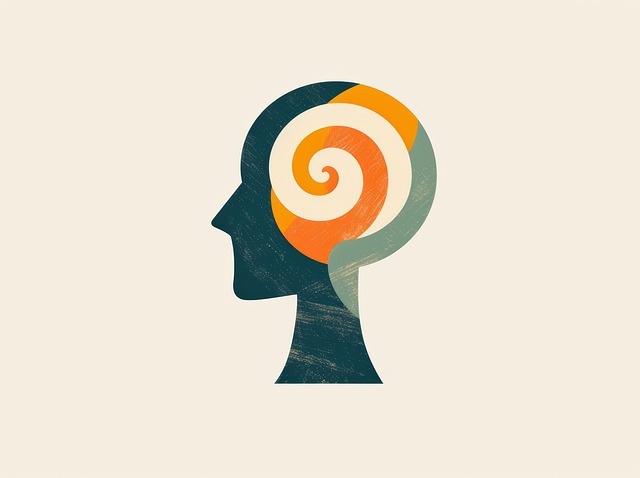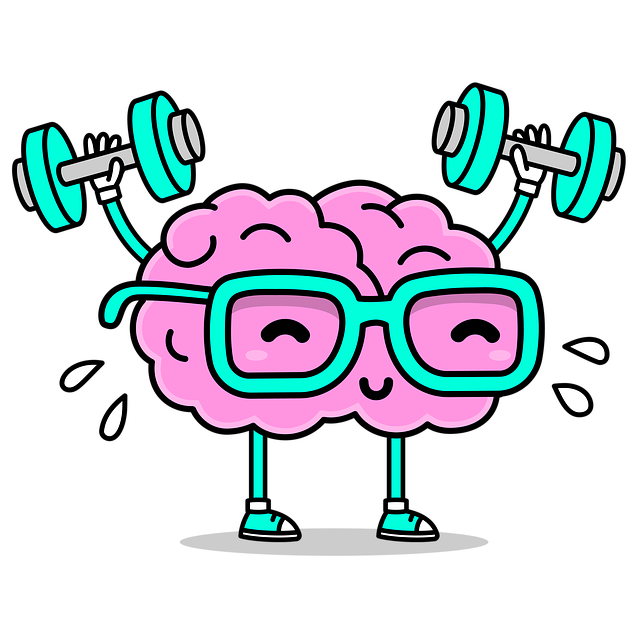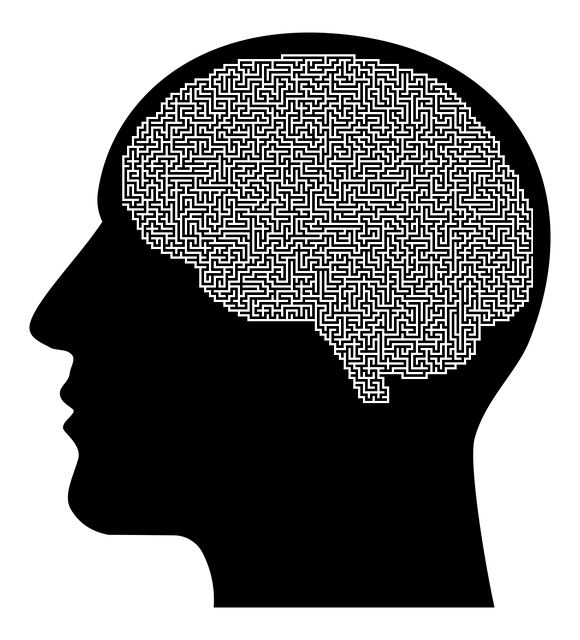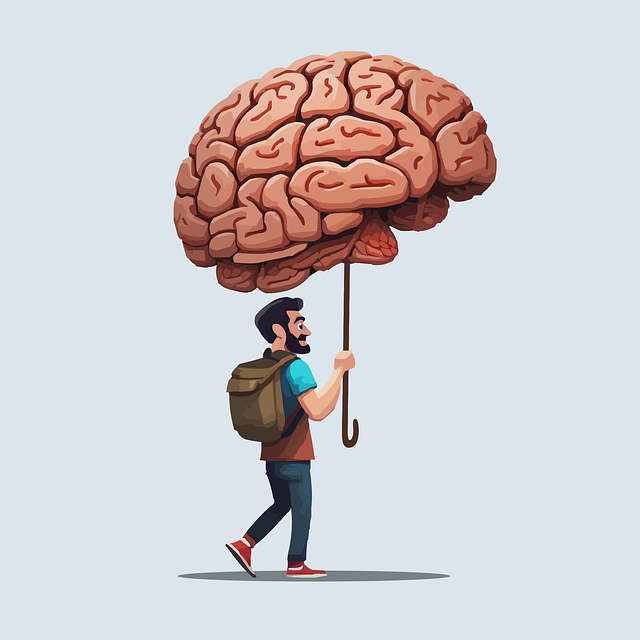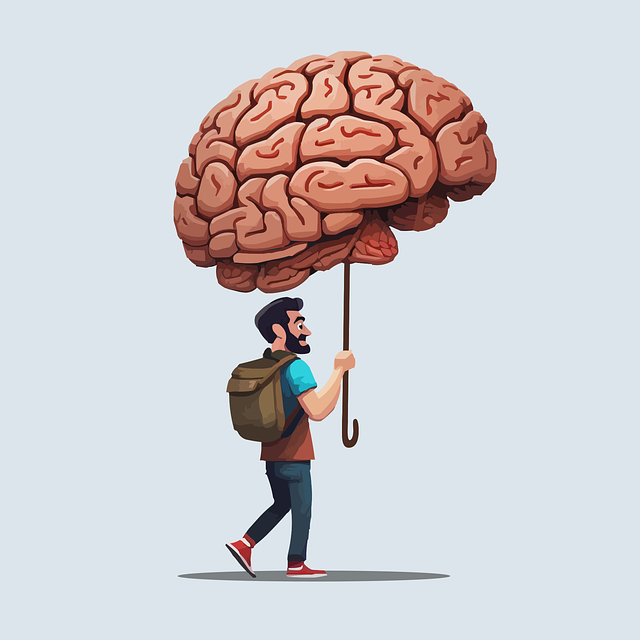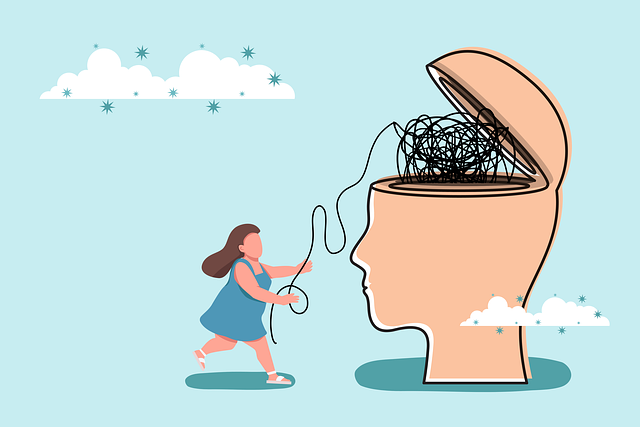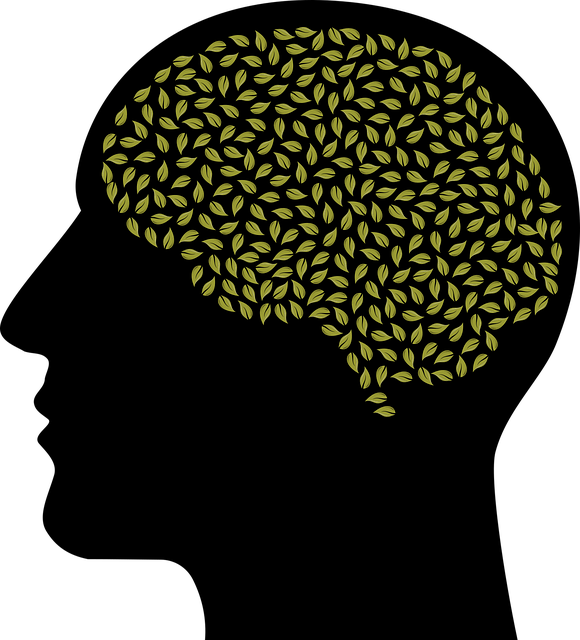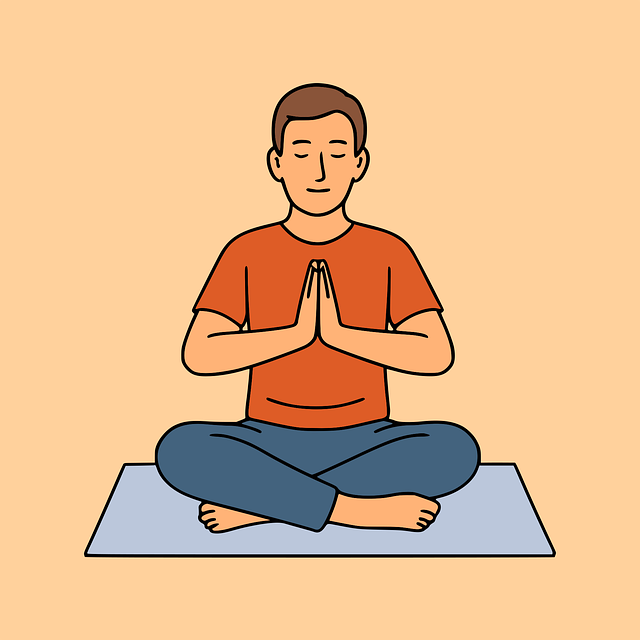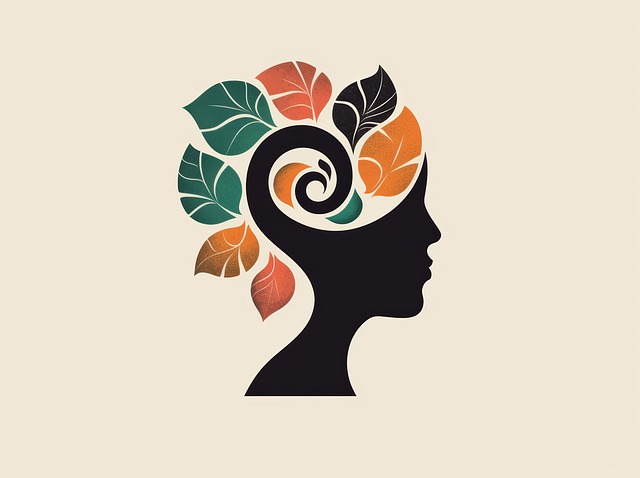Mental wellness group facilitation provides a supportive setting for individuals with shared mental health struggles, leveraging trained facilitators who guide sessions addressing challenges like anxiety, depression, and specific disorders such as Parker Adjustment Disorder Therapy (PADT). Structured agendas, interactive activities, and open dialogue empower members to learn, cope with stress, and achieve personal transformation. PADT, through collective support and emotional expression, offers a powerful group therapy approach for adjustment disorders, combining talk therapy with practical tools like journaling exercises for enhanced mental wellness.
Mental wellness group facilitation plays a pivotal role in fostering collective support and enhancing individual well-being. This article delves into the art of facilitating therapeutic group sessions, focusing on key techniques and exploring innovative approaches like Parker Adjustment Disorder Therapy (PADT). By understanding mental wellness dynamics within groups, facilitators can create safe spaces encouraging open dialogue and positive transformation. PADT, as a group-based approach, offers a unique perspective on managing adjustment disorders, exemplifying effective facilitation strategies for diverse mental health contexts.
- Understanding Mental Wellness Group Facilitation
- Key Techniques for Effective Group Sessions
- Parker Adjustment Disorder Therapy: A Group-Based Approach
Understanding Mental Wellness Group Facilitation

Mental wellness group facilitation is a specialized approach to therapy that empowers individuals through peer support and shared experiences. It’s a dynamic process where a trained facilitator guides a group of people with common mental health challenges or similar life experiences towards healing and personal growth. This technique leverages the power of collective energy, fostering an environment conducive to learning, understanding, and emotional support.
The role of the facilitator is pivotal, acting as a guide and navigator through complex issues like anxiety, depression prevention, and even managing conditions such as Parker Adjustment Disorder Therapy. They facilitate open dialogue, ensure every voice is heard, and promote active participation. By combining elements of mental health education programs design and burnout prevention strategies for healthcare providers, facilitators create safe spaces where members can share strategies for coping with stress, overcoming challenges, and building resilience.
Key Techniques for Effective Group Sessions

Effective group sessions for mental wellness facilitation hinge on a few key techniques that foster an inclusive and supportive environment. One powerful method is the use of structured agendas, which ensure every participant has an opportunity to share their experiences and insights. This approach, akin to Parker Adjustment Disorder Therapy, promotes active engagement and helps individuals feel heard and valued.
Additionally, incorporating interactive activities, such as role-playing or group discussions centered around specific themes, can significantly enhance the therapeutic experience. These activities not only encourage emotional expression but also provide practical tools for managing stress and promoting emotional well-being. The integration of these techniques within Mental Wellness Coaching Programs Development aligns with Stress Reduction Methods that prioritize holistic mental health improvement.
Parker Adjustment Disorder Therapy: A Group-Based Approach

Parker Adjustment Disorder Therapy (PADT) is a group-based approach that offers a unique and effective way to address mental wellness challenges. This therapeutic method leverages the power of collective support and shared experiences, creating a safe and nurturing environment for individuals dealing with adjustment disorders or related issues. In this setting, participants engage in open discussions, fostering emotional expression and understanding. The group dynamic encourages members to learn from one another, providing valuable perspectives on coping strategies and personal growth.
Through guided sessions, facilitators help the group navigate various aspects of emotional intelligence, stress management, and self-reflection. Regular journaling exercises within the PADT framework offer individuals a private space to process their thoughts and feelings, while group guidance ensures they are not alone in this journey. This holistic approach combines talk therapy with practical tools, allowing participants to develop resilience and enhance their overall mental wellness, making it an ideal strategy for organizations aiming to support employee well-being through Stress Management Workshops.
Mental wellness group facilitation is a powerful tool that empowers individuals and fosters community support. By employing techniques like those outlined in this article, including the innovative Parker Adjustment Disorder Therapy approach, facilitators can create safe spaces for healing and growth. These strategies not only enhance mental health but also provide valuable skills for navigating life’s challenges. Incorporating diverse methods ensures inclusive and effective group sessions, ultimately contributing to improved well-being and resilience among participants.
